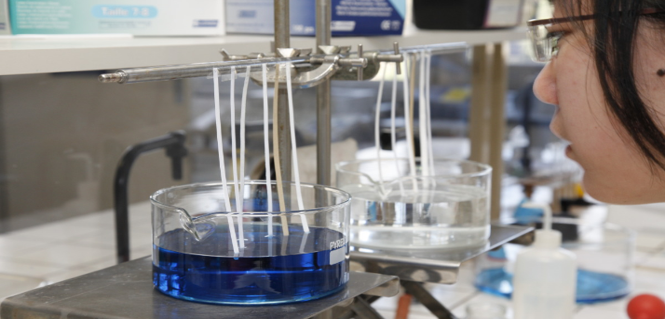Unlocking potential : Herpes Simplex Virus Type 1-based gene therapy in functional urology
Résumé
This literature review provides a comprehensive overview of the development and application of herpes simplex virus type 1 (HSV-1) vectors in gene therapy, with a specific focus on functional urology. Gene therapy is becoming more and more a clinical reality as more and more products getting market-approval. The text highlights the advantages of viral vectors, especially HSV-1, in delivering therapeutic genes due to their large cargo capacity, efficient growth in tissue culture, and tropism for neuronal cells. The neuronal system is crucial in functional urology because the intricate network of nerves or neuronal structures control and regulate the complex functions of the urinary system. In functional urology, HSV-1, vectors show promise in addressing conditions such as bladder pain syndrome, diabetic detrusor underactivity, and neurogenic detrusor overactivity. Studies demonstrate successful localized expression of therapeutic genes in animal models, indicating potential applications in treating bladder-related disorders. This review underscores the promising frontier that HSV-1 vectors represent in functional urology, acknowledging the need for further research to optimize transduction efficiency, address potential immunogenic concerns, and ensure long-term effectiveness.
| Origine | Fichiers éditeurs autorisés sur une archive ouverte |
|---|---|
| licence |



